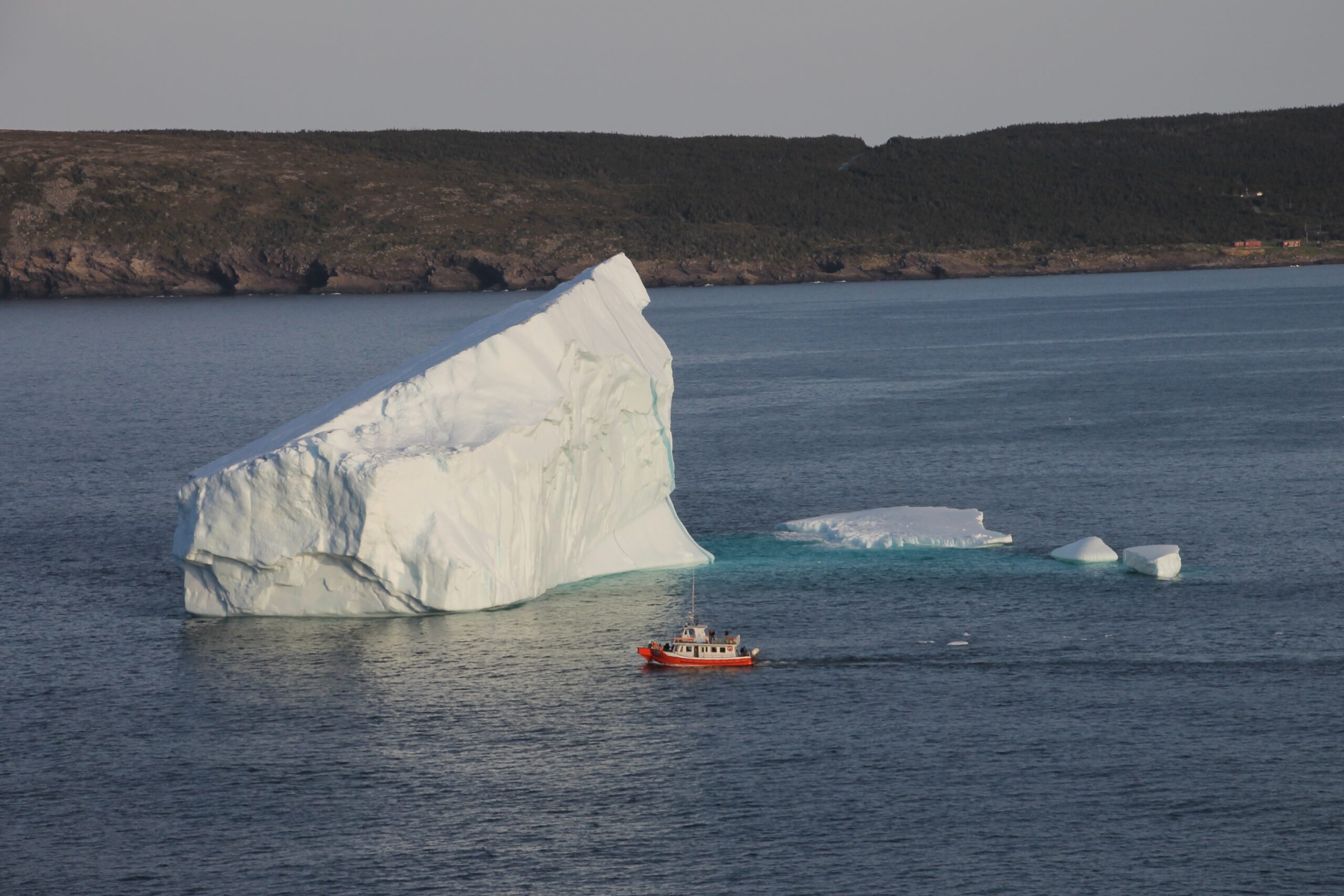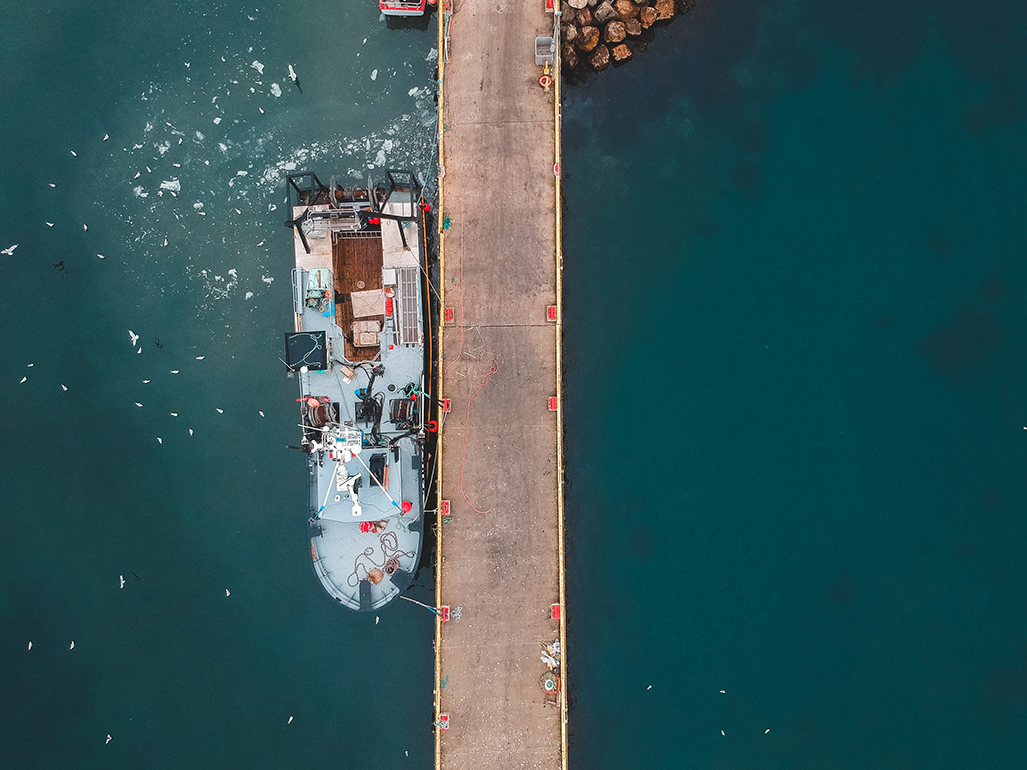The snow crab fishing season in Newfoundland and Labrador was delayed due to unsuccessful negotiations between the Fish, Food & Allied Workers (FFAW) and the Association of Seafood Producers (ASP). However, after weeks of standstill, the FFAW’s Snow Crab Bargaining Committee reluctantly agreed to sign off on a final offer from ASP to start the crab fishery for the 2023 season.
Under the agreement, the fishery will begin at a minimum price of $2.20, as set by the Standing Fish Price Setting Panel. However, the agreement includes incremental increases tied to the Urner Barry (UB) price. If the UB price increases to $4.85, the price will move up to $2.25. If the UB price increases to $4.95, the price will be $2.30. If UB price increases to $5.50 and $6.00, the prices will be $2.60 and $2.75, respectively. If the UB price surpasses $6.01, there will be reconsideration. It’s important to note that this agreement is valid only for the 2023 season and is without prejudice.
“In a press release, FFAW President Greg Pretty expressed the Committee’s discontent with the signing of the deal, stating, ‘Nobody on the Committee is happy to be signing this deal today.’ He emphasized the extensive efforts undertaken by the Committee, consisting of numerous volunteer hours, to seek a more favorable outcome for harvesters. The industry’s prolonged standstill of over six weeks presented immense challenges on multiple fronts. Despite the hope for market improvements in recent weeks, these expectations did not materialize, ultimately cornering the Committee into the agreement.
Furthermore, FFAW disclosed that the agreement with ASP was contingent upon Premier Furey’s public commitment to overhaul the final offer selection process and work towards a formula before the 2024 season.
The Standing Fish Price Setting Panel, established in 2006, holds the responsibility of annually identifying fish species for collective bargaining in consultation with stakeholders. It plays a crucial role in collecting and disseminating market information, defining negotiation parameters, facilitating collective bargaining, conducting hearings, and serving as an arbitration panel when necessary to set fish prices in cases of disagreement. The Panel comprises three members, including a chairperson appointed by the Lieutenant-Governor, a member representing the certified bargaining agent appointed by the Lieutenant-Governor, and a member representing the processors’ organization.
The Panel conducts hearings on various species in the absence of binding agreements, including halibut, crab, lobster, spring shrimp, lumproe, whelk, cod, sea cucumber, turbot, capelin, summer shrimp, herring, squid, mackerel, and fall shrimp. Snow crab is one of the most contentious species involved in the Panel’s proceedings. As per the Fishing Industry Collective Bargaining Act, if FFAW and ASP fail to reach an agreement, the panel must hear and consider their submissions on price and conditions of sale, making a final and binding decision on the parties and all other processors involved in processing the species.
This year, ASP remained steadfast in their adherence to the Price Setting Panel’s decision, selecting their price offer of $2.20. However, one of the panel members acknowledged that the “correct” price might lie between the two positions. Despite multiple failed negotiation attempts between FFAW and ASP over the past few weeks, both groups engaged in accusations against each other.
While the Newfoundland and Labrador snow crab harvest is currently facing challenges, it’s worth noting that there are alternative species within the Chionoecetes genus from other regions that can help meet the demand for snow crab in the market. Specifically, Chionoecetes angulatus, harvested in Japan, and Chionoecetes japonicus, harvested in Korea, are two such species.
These alternative species offer a viable solution to fill any gaps in the snow crab market. They provide a delicious and cost-effective option for consumers and businesses alike. Whether in frozen form or pasteurized cans, these alternatives ensure that the availability of crab meat remains stable and offers a variety of options to cater to different culinary preferences.
It’s important to highlight that while the Newfoundland and Labrador snow crab harvest may be experiencing challenges, the presence of alternative species allows for a continuous supply of high-quality crab products. This ensures that consumers can still enjoy the unique flavors and textures associated with snow crab, even if it’s sourced from different regions.
As the industry adapts to the evolving market dynamics, exploring these alternative options can provide opportunities for both suppliers and consumers to continue enjoying the culinary delights of the Chionoecetes genus. So, rest assured that the availability of snow crab is not in jeopardy, thanks to the availability of these delicious and cost-effective alternatives.
The original article pre-edited is available at SeafoodNews.com.



